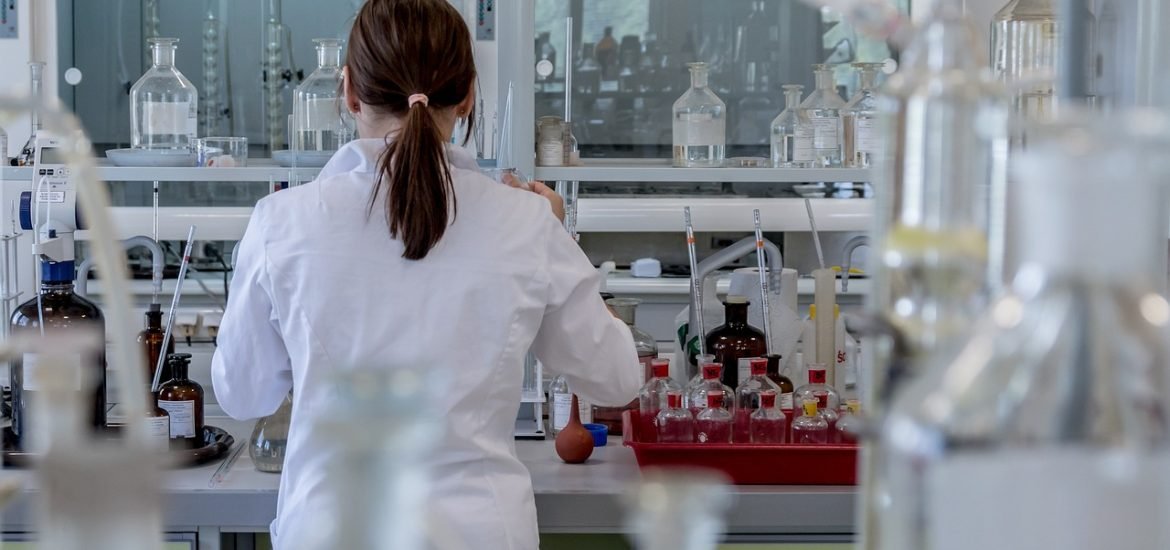
A team of chemists from the University of Amsterdam (UvA) developed a robot with AI-driven machine learning to speed up the synthesis of new chemical products, according to a study published by the journal Science. Named ‘RoboChem,’ the device can outperform a human chemist in speed and accuracy while maintaining high ingenuity. This is the first of its kind, and it may accelerate the chemical discovery of molecules for pharmaceutical and other applications.
RoboChem can perform a variety of reactions while producing minimal amounts of waste. Working autonomously around the clock, the system delivers results quickly and tirelessly. “In a week, we can optimise the synthesis of about ten to twenty molecules. This would take a PhD student several months,” said Prof. Timothy Noël. The robot can find the best reaction conditions and provide scale-up settings. “This means we can produce quantities that are directly relevant for suppliers to the pharmaceutical industry, for example,” added the researcher.
In RoboChem, a robotic needle collects starting materials and mixes these together in very small volumes (just over half a millilitre). In the reactor, the light from powerful LEDs triggers the molecular conversion by activating a photocatalyst included in the reaction mixture. The mixture then moves towards an automated NMR spectrometer to identify the resultant molecules. Finally, data is collected in a real-time computer that controls RoboChem. “This is the brain behind RoboChem,” said Noël. “It processes the information using artificial intelligence. We use a machine learning algorithm that autonomously determines which reactions to perform. It always aims for the optimal outcome and constantly refines its understanding of the chemistry.” To confirm the published results, all the molecules produced were isolated and checked manually.
“I have been working on photocatalysis for more than a decade now. Still, RoboChem has shown results that I would not have been able to predict. For instance, it has identified reactions that require only very little light. At times, I had to scratch my head to fathom what it had done. You then wonder: would we have done it the same way? In retrospect, you see RoboChem’s logic. But I doubt if we would have obtained the same results ourselves. Or not as quickly, at least,” said Noël.
The researchers also used RoboChem to replicate previous research, where the device produced the same – or better – results. “In about 80% of the cases, the system produced better yields. For the other 20%, the results were similar,’ said Noël. ‘This leaves me with no doubt that an AI-assisted approach will be beneficial to chemical discovery in the broadest possible sense.”
The authors argue that RoboChem and other computerised systems can produce high-quality data, which will benefit AI’s future use. “In traditional chemical discovery, only a few molecules are thoroughly researched. Results are then extrapolated to seemingly similar molecules. RoboChem produces a complete and comprehensive dataset where all relevant parameters are obtained for each individual molecule. That provides much more insight.’
Another advantage is that the system also records negative data. Typically, current research focusses on successful experiments. “A failed experiment also provides relevant data, but this can only be found in the researchers’ handwritten lab notes. These are not published and thus unavailable for AI-powered chemistry. RoboChem will change that, too. I have no doubt that if you want to make breakthroughs in chemistry with AI, you will need these kinds of robots.” concluded Noël.
Slattery A, Wen Z, Tenblad P, Sanjosé-Orduna J, Pintossi D, den Hartog T, Noël T. Automated self-optimization, intensification, and scale-up of photocatalysis in flow. Science. 2024 Jan 26;383(6681):eadj1817. doi: 10.1126/science.adj1817.